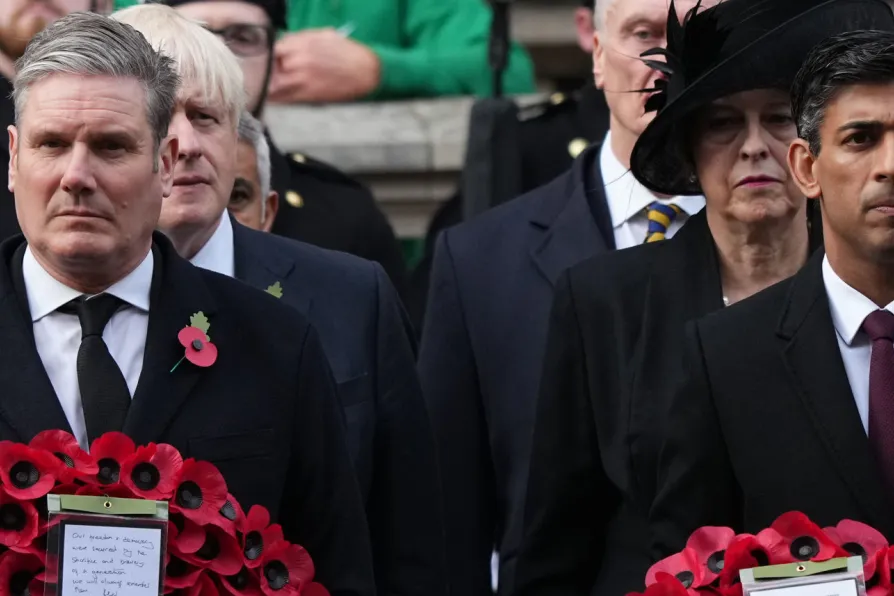CHRISTOPHE DOMEC speaks to CHRIS SMALLS, who helped set up the Amazon Labor Union, on how weak leadership debilitates union activism and dilutes their purpose

 Changing of the guard? Keir Starmer (left) has succeeded Rishi Sunak as Prime Minister of a troubled country
Changing of the guard? Keir Starmer (left) has succeeded Rishi Sunak as Prime Minister of a troubled country
Reader’s note: In print, this article appeared in four parts over the course of the week.
I GREW up in Harston, five miles south of central Cambridge down the A10. A little tranquil village with a population of less than 2,000 with meadows, a school, village hall, pub, petrol station and post office-cum-store. And a village in an affluent part of Britain that has both a Porsche centre and a Ducati motorbike shop.
Harston has a gross disposable household income of £27,031 — compared to a national average of £20,425. The village is part of South Cambridgeshire, a constituency that in 2019 elected Conservative Anthony Browne to Parliament — who voted with his party in the House on all but one occasion out of 982 — and that has for many years been a Tory stronghold.

This by-election could plausibly see both Reform and Labour defeated — but splitting the left insurgent vote would put that at risk, argues CHRIS WILLIAMSON

Sixty Red-Green seats in a hung parliament could force Labour to choose between the death of centrism or accommodation with the left — but only if enough of us join the Greens by July 31 and support Zack Polanski’s leadership, writes JAMES MEADWAY

With Reform UK surging and Labour determined not to offer anything different from the status quo, a clear opportunity opens for the left, argues CLAUDIA WEBBE

JOE GILL looks at research on the reasons people voted as they did last week and concludes Labour is finished unless it ditches Starmer and changes course









